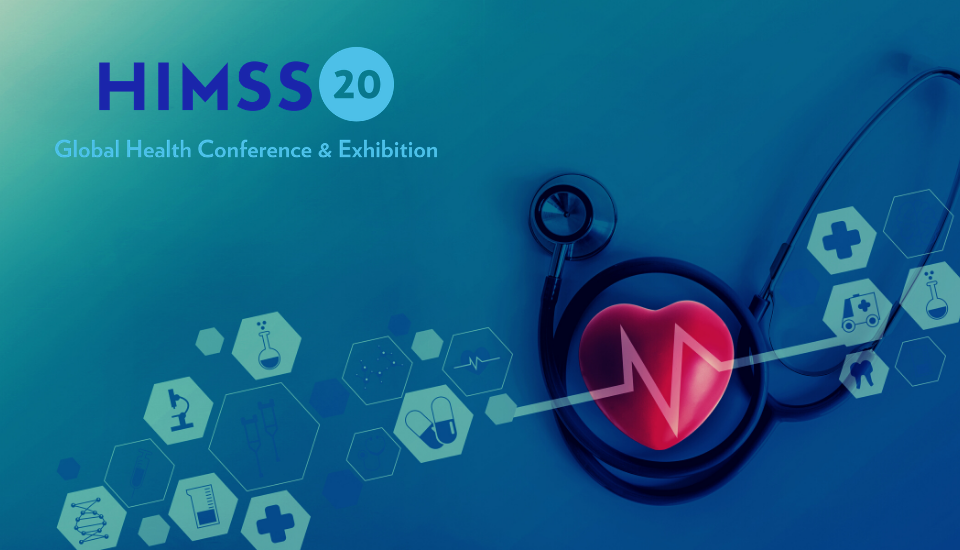
The new HHS interoperability rule will forever change the world of healthcare data. HHS adopted the new rules based on three major objectives: providing better access to healthcare records for patients, eradicating information blocking, and improving care coordination. While the rule is inclusive to and applicable to many key stakeholders—patients, providers, payers, and EHR vendors. It leaves out a significant player in the healthcare ecosystem—pharmacy.
Why Pharmacy Deserves a Seat at the Table
Patients should certainly have access to all their healthcare data. The HHS interoperability rule mandates that this occur. The pressure is on providers and payers to offer easy access, but it doesn’t include the entire circle of care. Healthcare records from physicians typically include prescriptions, but there is no confirmation within these records that the patient picked up or began the medication prescribed.
Pharmacy systems have this data. They have a complete view of a patient’s prescription history across all providers. This data also includes that they actually picked up the prescription. This is important because patients don’t always adhere to the medication regimen. Further, many patients get to the pharmacy, only to learn their insurance doesn’t cover the medication. This scenario may never make it back to their physician.
With this in mind, pharmacy deserves a seat at the table.
Care Coordination and Medication Adherence

Several requirements of the interoperability rule relate to care coordination. First, all hospitals will be required to send notifications of a patient’s admission, discharge, or transfer. In an effort to improve care coordination and care continuity, communication is vital.
Care coordination has long been a challenge in healthcare. The healthcare system is fractured and disjointed. Establishing a new Condition of Participation (CoP) should support coordination of care while also decreasing readmissions.
But how can you coordinate all areas of care without having pharmacy in the discussion? Roughly speaking, medication non-adherence leads to over 125,000 preventable deaths each year and over $300 billion in avoidable costs. Further, one in five Medicare patients is readmitted to the hospital within 30 days; half of them due to non-adherence.
So, how is healthcare going to tackle this without the support and coordination of pharmacy?
Pharmacy Often Left Out of Healthcare Policy
This rule isn’t the first time that pharmacy has been excluded from the conversation. Not until recently were pharmacists invited to play a role in opioid task forces! Unbelievable but very true. At the root of healthcare, there are central pillars that allow physicians to treat patients, including labs, physical therapy, and pharmacy.
Providers, payers, and HHS could learn some critical insights from pharmacy about medication adherence and how to improve it for care continuity. Pharmacy absolutely deserves to be part of the new interoperability rule because they play a vital role in treating patients.
What do you think? Should HHS have consulted the pharmacy industry on the new rules?



